The power of the past: David Olusoga explores the 1921 Census
3-4 minute read
By Guest Author | October 11, 2022

One of the biggest record releases in modern history sees historian David Olusoga delve into discoveries found in the 1921 Census of England and Wales.
This is a highly anticipated moment - a century in the making - and it is thrilling to announce that the 1921 Census of England and Wales is now available exclusively on Findmypast.
I was given the opportunity to see the work that the Findmypast team has done, on behalf of The National Archives, preserving the Census documents for the future.
It’s taken three years of highly skilled work and hundreds of Findmypast conservation specialists, technicians and transcribers to painstakingly conserve, digitise and transcribe more than 30,000 bound volumes of original documents stored on over a mile of shelving.
Taken on 19 June 1921 after being delayed by two months due to industrial unrest, the 1921 Census saw over 38,000 enumerators dispatched to every corner of England and Wales to capture the details of more than 38 million people. This included over 8.5 million households as well as all manner of public and private institutions.
I have been lucky enough to explore my own family history in the 1921 Census and to see your ancestors on the pages of the Census returns is to encounter them and the times they lived in. It is to learn new details of their lives and gain a better understanding of what they experienced.
At the time the Census was taken my great-grandfather, Thomas Kilburn Senior, was a ticket collector on the railways in Newcastle upon Tyne. My grandfather, who half a century later helped raise me and my siblings, was then a teenager but already working as an engineer’s apprentice
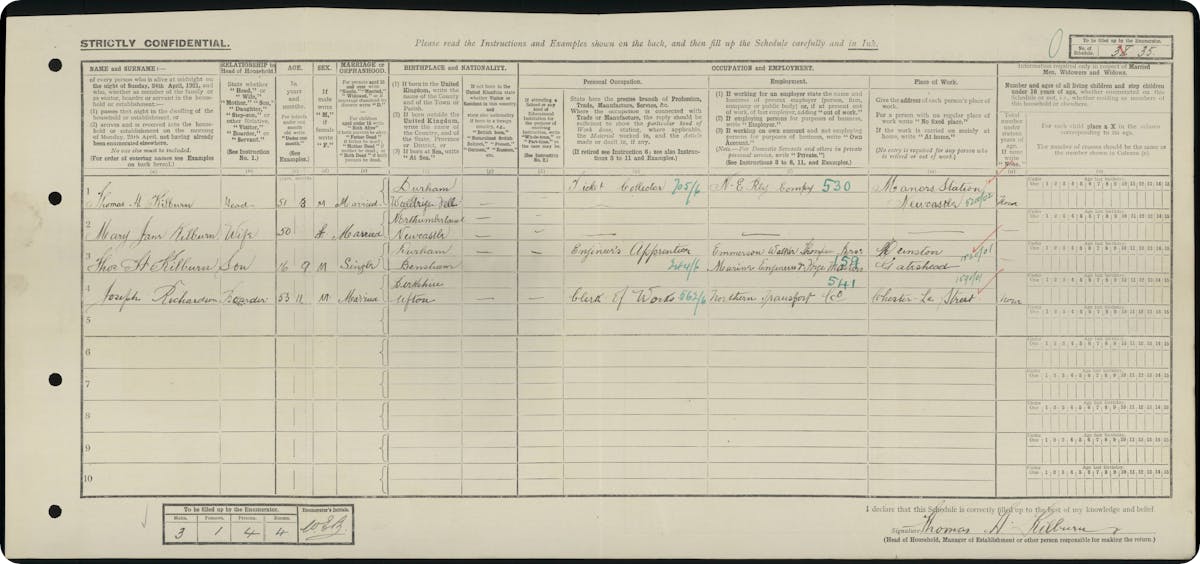
Thomas Kilburn Senior's 1921 Census Record. View this record here.
What I found especially moving was to learn that when the Census form dropped through the letterbox my grandfather and his family were, in 1921, living in the same house that I lived in as a child in the 1970s. The Census return tells me there were four rooms in the house, rooms that I remember so vividly from my own childhood.
As a historian I am well aware that the years just after World War One were years of acute hardship and tension. There was a housing crisis, mass unemployment, the on-going trauma of the war, and the great influenza pandemic of 1918 to 1920.
The power of the Census is that it gives us a sense of how our own families were affected by the great forces of history. It transports us to another time and reveals incredible insights about both the nation as a whole and our own families.
Beyond the emotional power of learning about the hardships endured by my own relatives, what I found most moving is learning that some people used their Census forms not just to provide official information but to appeal for help, or to complain about their circumstances.
We have Census forms from men who were unemployed and complain bitterly about the lack of work and opportunity. Other people, living in overcrowded homes, condemning the lack of available housing and mocking the great wartime promise to transform Britain into a 'land fit for heroes'.
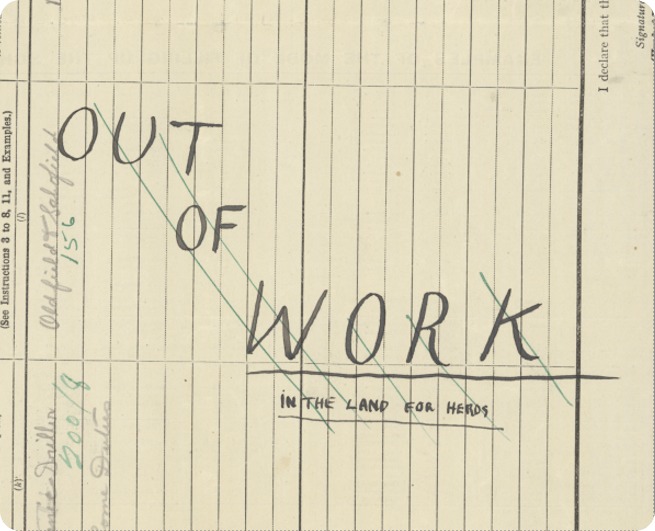
A Census return with 'Out of work in the land for heroes' written across it.
Perhaps most heartbreakingly we have men who had been through the horrors of the Western Front decrying their condition.
The most astonishing Census record for me was that of a 28-year-old civil servant from the Inland Revenue Office who drew a sketch on his Census form showing members of the political elite sitting around a table on which is a large piece of paper. On the paper are these words: 'Counting available ‘cannon fodder’ next war 1936’.
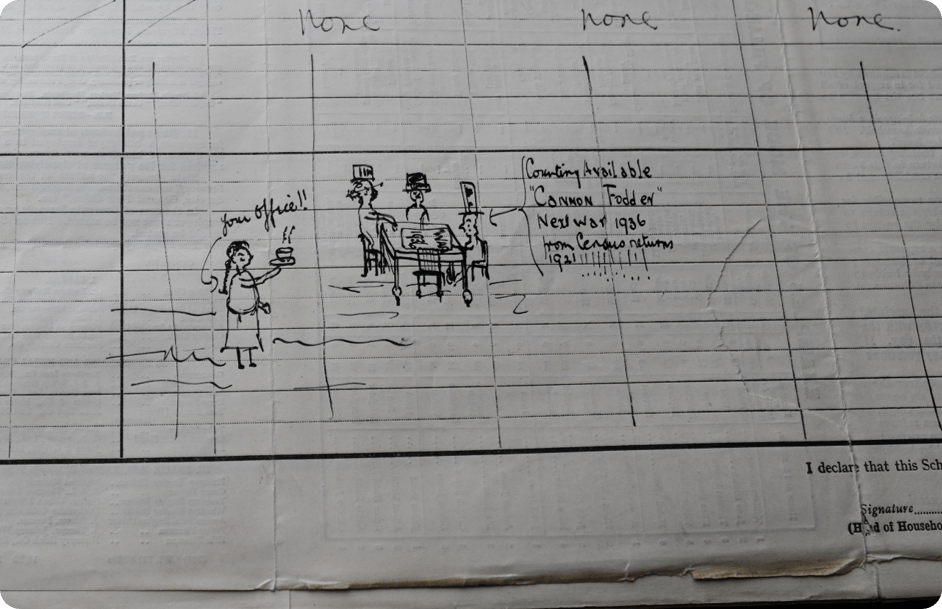
A drawing depicting officials predicting the next war.
These are just a few examples of the stories that have so far emerged from the 1921 Census but we can see the full spectrum of emotions in its pages. The release of this vast haul of information is a moment of national significance and it’s a privilege to see the stories it tells us.
The 1921 Census of England and Wales is available online only at Findmypast so you can explore your own family history and delve into the houses of the time.
Related articles recommended for you
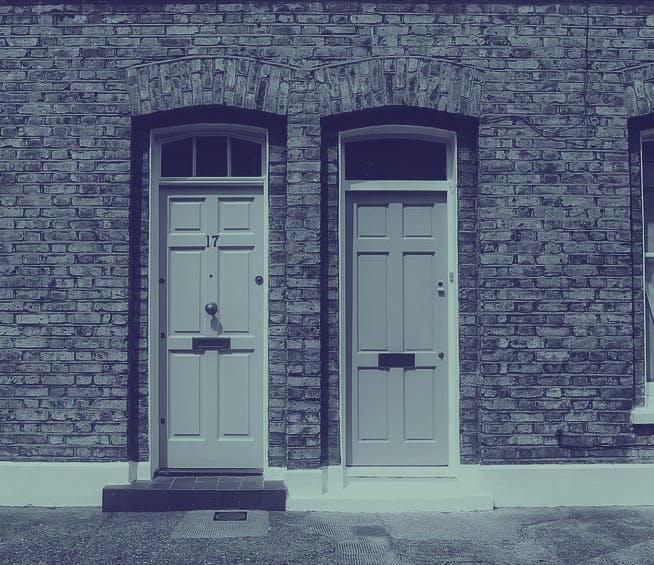
Here's how to overcome nine common house history research challenges: our expert's top tips
Help Hub

Discover the surprising romances and shadowy figures within Michael Palin's family tree
Discoveries
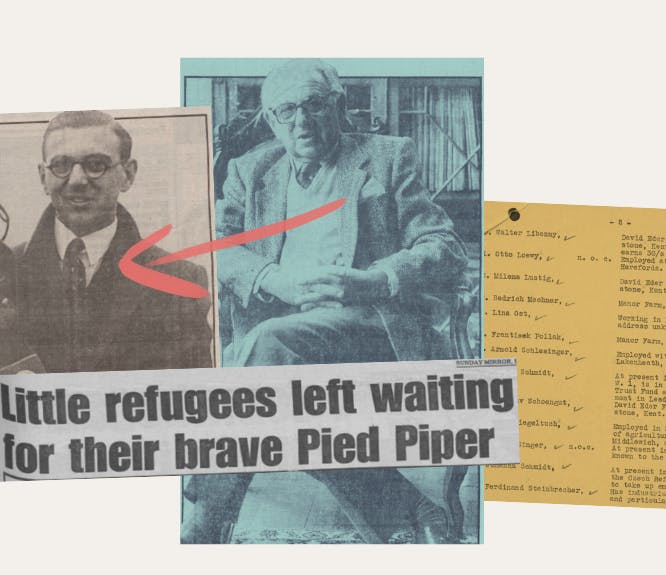
The remarkable true story of the man who saved 669 children from the Nazis
History Hub

